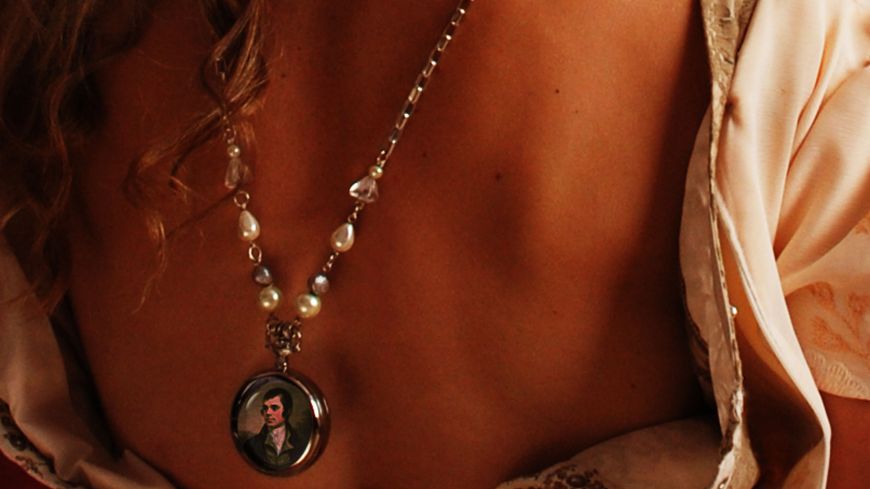
Under the low-ceilinged, whitewashed cellar bar of Henderson’s, not so unlike that in Burns’ cottage, the five actors sat around the room perfectly dressed in the period and already in character, as it filled for award-winning writer, Janet Paisley’s play, The Lasses, O.
Paisley is weel kent for her active use in speech and writing ofthe Scots language and uses it here vigorously, taking the audience from one windy night in January 1759 to another windy day in July 1796, to cover Burns’ too short lifespan through the voices and eyes of five very different women.
In this dramatic and unusual piece of theatre, she gives voice to women in Burns’ life who have been hitherto silent and forgotten. It is usually his lovers that are focussed on, but the women we meet here are by turn superstitious, pragmatic, passionate, brave and caring, and all who played their part by knowing the Bard.
In the singularly feminine business of laundry and sheet folding, we see the winding sheet rolled to become a newborn symbolising the connecting of birth to death and living done in between these very sheets.
We hear the fact that in Presbyterian Scotland, women can be married and keep their ain name when John Tennant turns over to sleep as William Burnes, Robert’s father, chaps on their door to summon the blacksmith’s wife and local midwife, Agnes McLure.
We see distant relative, Betty Davidson, note Baby Robert ‘drinkin in sang an mither an milk’ and so learning the roots of his songs and poems at her and his mother’s knee. We hear the intimate private confessions of the power of sexual allure and more than a hint at deep passions from Mary Smith, his mother–in-law.
We see Katy, the smuggler’s daughter, who seems to respect Burns the Exciseman in spite of his power to undo them and in what is in effect his last relationship with another woman, young Jessie Lewars, the neighbour and nurse who inspired his last composition, Oh wert thou in the cauld blast. The other tunes, Rantin Rovin Robin, Up in the Mornin Early, O Whistle an I’ll come tae ye, ma lad and The Deil’s awa wi the Exciseman are aptly and well played throughout.
The story of Burns life is ostensibly well known, but this takes a new radical and angle. It is both moving and funny, showing an unromanticised view of the reality of life’s harshness in that time, and the light and dark of Burns’ life. It is done through strong and convincing performances by all 5 women playing the roundly imagined parts.
Times and prices
6-7,12-14,21,28 August, 10am-11.30am: £12 (£8)
8,15, 22, 29 August, 8pm-9.30, £12 (£8)

